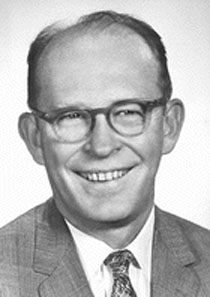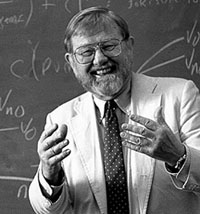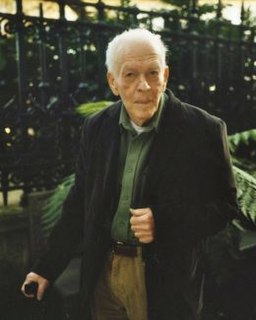A Quote by Willard Libby
Most achievements in science are to a certain degree group efforts.
Quote Topics
Related Quotes
Oh my research. Well, I got an English Degree. And I got that degree in a certain time/at a certain place. If you add UC Berkeley + 1984 the other side of the = is "new historian" meaning that I studied with and was influenced by those who were interested in how the personal shaped the political (and literary), how science and literature might interact, and what the body got to do with it.
No science of any kind can be divorced from ethical considerations... Science is a human learning process which arises in certain subcultures in human society and not in others, and a subculture as we seen is a group of people defined by acceptance of certain common values, that is, an ethic which permits extensive communication between them.
Unions are for 'collective bargaining,' not individual bargaining. It follows that most of the achievements of a union, even if they were more impressive than the staunchest unionist claims, could offer the rational worker no incentive to join; his individual efforts would not have a noticeable effect on the outcome, and whether he supported the union or not he would still get the benefits of its achievements.
Think of a single problem confronting the world today. Disease, poverty, global warming... If the problem is going to be solved, it is science that is going to solve it. Scientists tend to be unappreciated in the world at large, but you can hardly overstate the importance of the work they do. If anyone ever cures cancer, it will be a guy with a science degree. Or a woman with a science degree.
I think that one not only has to make demands on the established group, but one also has to make demands on the outsider group. One has to make clear: if you want to leave, please do so. But if you want to stay here, a degree of accommodation to the Dutch outlook, Dutch manners, and a degree of identification with the Netherlands will be expected of you. There is no reason why there cannot be Dutch Turks or Dutch Moroccans. But one can expect from them a degree of identification, some change of their own social identity.
Christian Science has always appealed to the middle-classes and the upper middle classes. In part, this is because it requires a certain amount of education to study 'Science and Health' to the degree that Christian scientists do. It's not an easy book to read! It's 700 pages, and it's written in a nineteenth-century manner and diction.





































